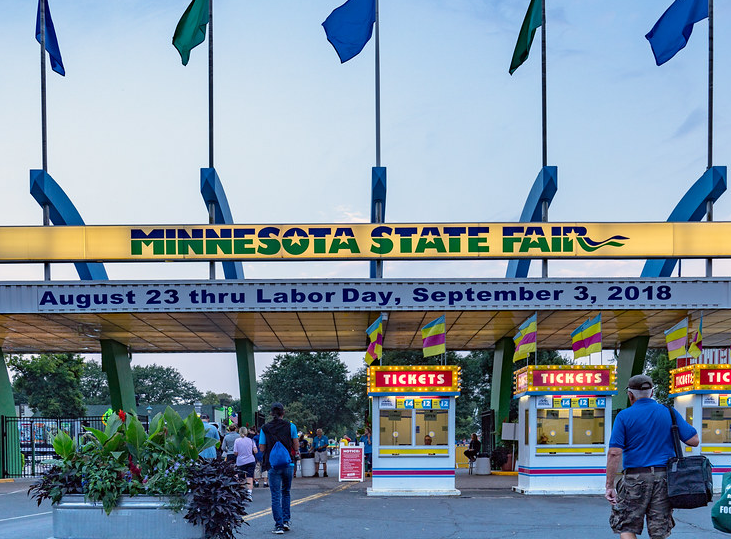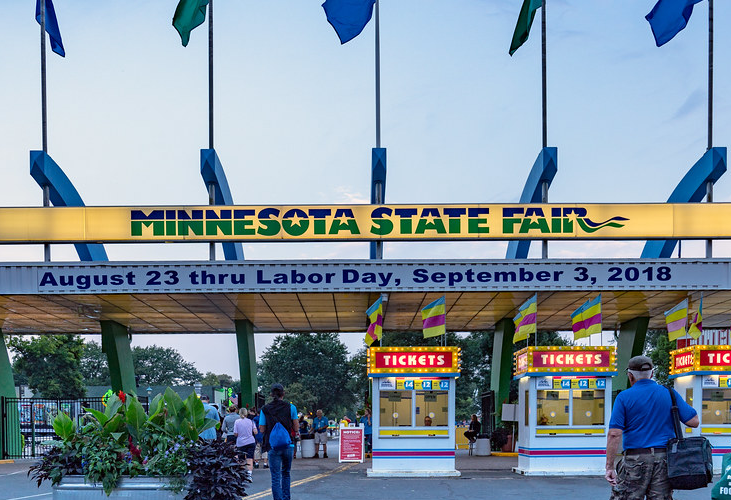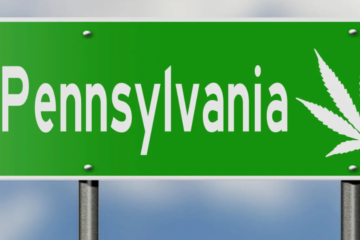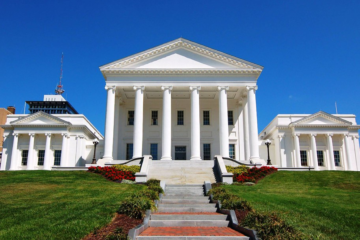Minnesota fairgoers have spoken loud and clear in a new poll, showing strong support for giving cities the power to block marijuana businesses. This comes just two years after the state legalized recreational cannabis, sparking debates on local control. But what does this mean for the budding industry and communities? Dive in to see the full picture.
Poll Results Spark Debate on Local Power
A recent poll at the Minnesota State Fair revealed that most people want cities and counties to decide if marijuana shops can open in their areas. The House of Representatives ran the survey, asking about 10,000 attendees key questions on state issues. On the cannabis ban idea, 58% said yes, cities should have that right, while 27% said no, and 15% had no opinion.
This support stands out because current state law blocks local bans on cannabis businesses. Lawmakers passed the legalization bill in 2023, signed by Gov. Tim Walz, which stops cities from outright prohibiting these shops. The poll hints at a push to change that, giving more say to local leaders.
The fair, held in late August and early September 2025, draws huge crowds from across the state. It’s a popular spot for lawmakers to gauge public views on hot topics like this.
Results like these could shape upcoming legislative sessions. Supporters of local bans argue it lets communities tailor rules to their needs, especially in rural areas worried about traffic or crime.

How Legalization Rolled Out in Minnesota
Minnesota joined 23 other states in legalizing recreational marijuana for adults in 2023. Possession and home growing kicked in right away, but licensed sales are still gearing up. Regulators aim to launch retail by early 2025, with a focus on social equity in licensing.
Under the law, local governments can set some rules, like zoning or hours, but they can’t ban cannabis businesses entirely. This setup aims to create a uniform market statewide, avoiding a patchwork of rules.
Critics say this one-size-fits-all approach ignores local concerns. For instance, some towns fear an influx of shops could strain resources or clash with community values.
The poll’s timing is key, as the state works through delays in rolling out dispensaries. Early data from the Office of Cannabis Management shows over 1,000 license applications already, but approvals are slow due to background checks and equity reviews.
Communities have mixed feelings. Urban areas like Minneapolis embrace the change, while smaller towns push back.
- Support for bans: Strongest in suburbs and rural spots, per poll breakdowns.
- Opposition: Higher in cities where economic benefits from sales tax are seen as a plus.
- Undecided voters: Often cite needing more info on impacts.
This divide highlights the tension between state goals and local needs.
Voices from Fairgoers and Lawmakers
People at the fair shared varied thoughts on the ban option. One attendee, a parent from a small town, said it would help keep neighborhoods family-friendly. Another, a young entrepreneur, worried it could stifle business growth.
Lawmakers behind the poll, from the House Public Information Services, wanted real feedback before the next session. House Speaker Melissa Hortman noted the results show a desire for more local input, though she didn’t commit to changes.
Gov. Walz has defended the current law, saying it promotes fair access and reduces black market risks. But with poll numbers like these, pressure might build for tweaks.
Experts point to other states for lessons. In Colorado, local bans led to uneven access, with some counties opting out entirely. A 2024 study by the Pew Research Center found that 54% of Americans now support legalization, up from 31% in 2000, but local control remains a sticking point.
In Minnesota, this could affect jobs and revenue. The state projects cannabis to generate $150 million in annual taxes by 2027, according to a fiscal note from the Department of Revenue.
The debate ties into broader issues like public health. Health officials warn of risks like impaired driving, while advocates highlight medical benefits and reduced arrests.
Potential Impacts on Businesses and Communities
If lawmakers act on the poll, it could reshape the cannabis landscape. Businesses eyeing Minnesota might face roadblocks in ban-friendly areas, shifting investments to welcoming spots.
For communities, more control means addressing specific worries. Take traffic: Some towns fear shops could draw crowds, overwhelming roads.
On the flip side, bans might limit access for medical users or hurt economic growth in needy areas.
Here’s a quick look at poll support by region, based on House data:
| Region | Support for Local Bans (%) | Opposition (%) | No Opinion (%) |
|---|---|---|---|
| Urban | 45 | 40 | 15 |
| Suburban | 60 | 25 | 15 |
| Rural | 70 | 15 | 15 |
This table shows rural areas leading the charge for change.
The poll underscores a key shift: Minnesotans value local say in this new era of legal weed. As the industry grows, balancing state oversight with community voices will be crucial.
Business owners are watching closely. One dispensary applicant told reporters the uncertainty makes planning tough, potentially delaying jobs and revenue.
This news hits home for many readers, as it could change where you buy legal cannabis or even if it’s available nearby. It raises questions about freedom versus community rights in a post-legalization world.




